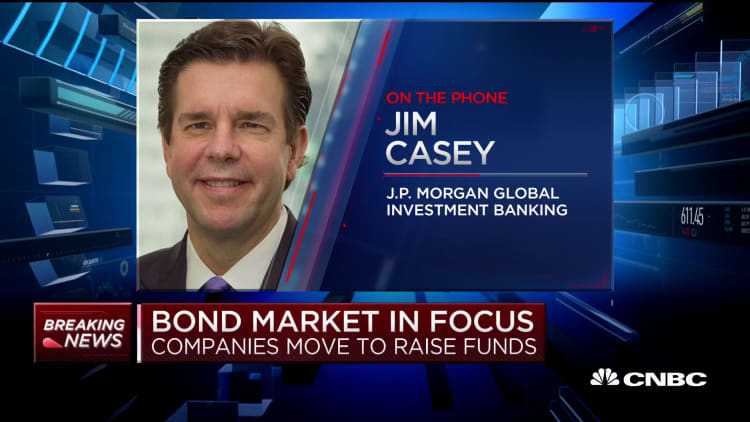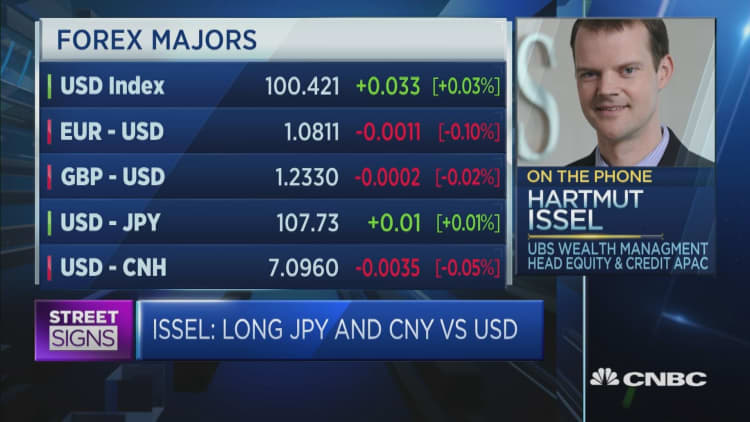Boeing's smashing success, despite all its operational struggles, to raise money with relative ease is just the latest success in a corporate debt market that has been on fire even as the rest of the economy is on life support.
The airline manufacturer Thursday was able to get a stunning $25 billion in funding, allowing it to avoid government help even after it said last month it would seek $60 billion in federal bailout money.
That Boeing was able to raise such a large sum of cash, however, may not be so surprising given the state of what had been a moribund corporate debt market. Buyers left the $9.6 trillion market, particularly the riskier parts, in the early days of the coronavirus threat but have come back as Federal Reserve operations have been a boost to liquidity.
Since the World Health Organization formally declared the coronavirus a pandemic on March 11, corporations had issued $265 billion in debt through April 27, according to Intelligize. That's more than double both the volume of $108 billion and the 64 offerings for the same period in 2019 and does not include the Boeing total.

The Fed's announcement earlier this month that it would take the unprecedented step of buying not only corporate debt but also that of companies recently downgraded to speculative has not actually been put into action yet. But it did provide investors the assurance that the central bank would be there if the market faltered.
"The biggest issue is really the Fed's action," said Rob Peters, director at Intelligize. "They're trying to take some of the unknowns that the market hates and mitigate them somewhat by providing this backstop, allowing corporations to at least sustain operations until something gets resolved."
Other big issuers
While Boeing marked the richest debt issue of the period, other companies have not been shy about dipping into the market in a big way.
One Stop and Nike both did $6 billion issues, Procter & Gamble executed a $5 billion deal, while Visa raised $4 billion.
Along with the benefit to individual companies, investors rushed to the iShares iBoxx USD Investment Grade Corporate Bond exchange-traded fund that likely would benefit directly from Fed purchases. The ETF has seen $12.7 billion in new investor money since March 11, bringing its total assets to $46.3 billion, meaning the fund grew by more than a third during the period.
Peters said filings so far are indicating that the companies are converting the new debt either to operating cash or to refinance previously high-yield bonds to shore up their balance sheets.
"They've taken advantage of current interest rates and utilizied the debt to pay down credit draws. Many have brought it into cash," he said. "With certain companies, there's a sense of desperation, where other companies have utilized what the market's given them."



